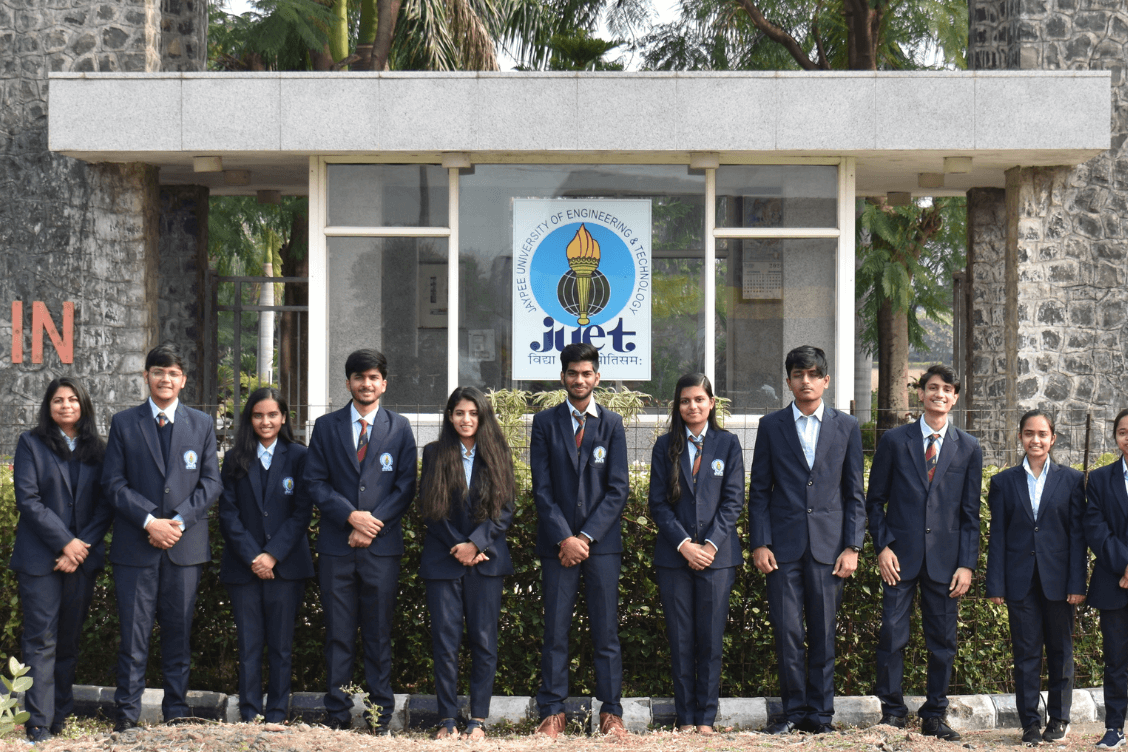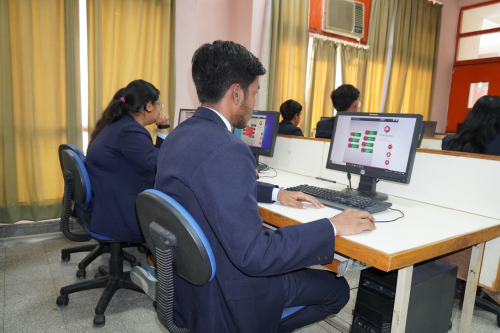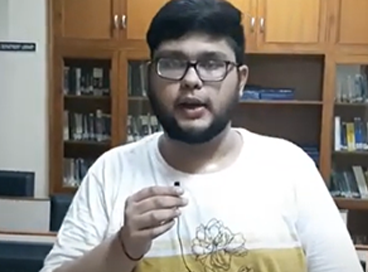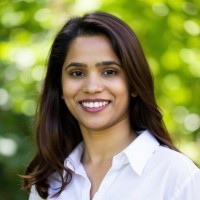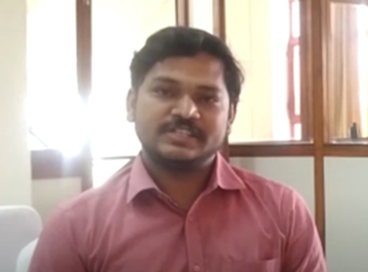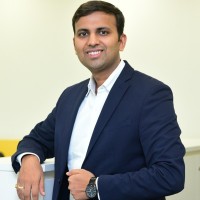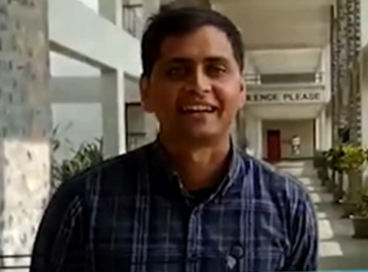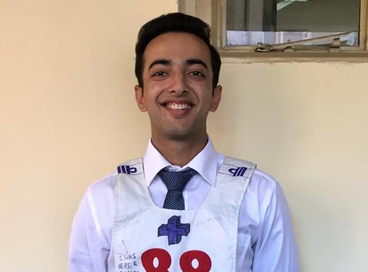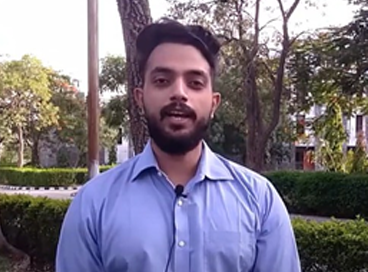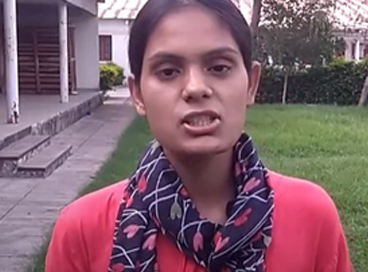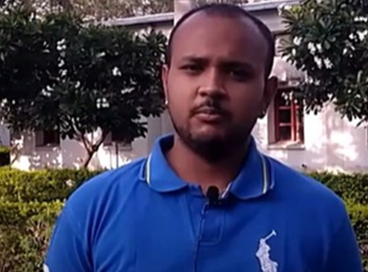PO-1: Develop mastery in Mathematics
PO-2: Ability to apply advanced knowledge in academics and research
PO-3: Develop skills to write and present scientific report(s)
PO-4: Ability to design scientific experiments along with interpretation of results.
PO-5: Competency to identify research gaps and carry out research in the emerging fields.
PO-6: Skills to present ideas in an impressive and professional manner.
PO-7:Ability to work in interdisciplinary and multicultural environment.
PO-8: Understanding of professional, social and ethical responsibilities.






 PROF. VIPIN TYAGI
PROF. VIPIN TYAGI DEAN (A&R), HOD (ADDITIONAL CHARGE)
DEAN (A&R), HOD (ADDITIONAL CHARGE)



